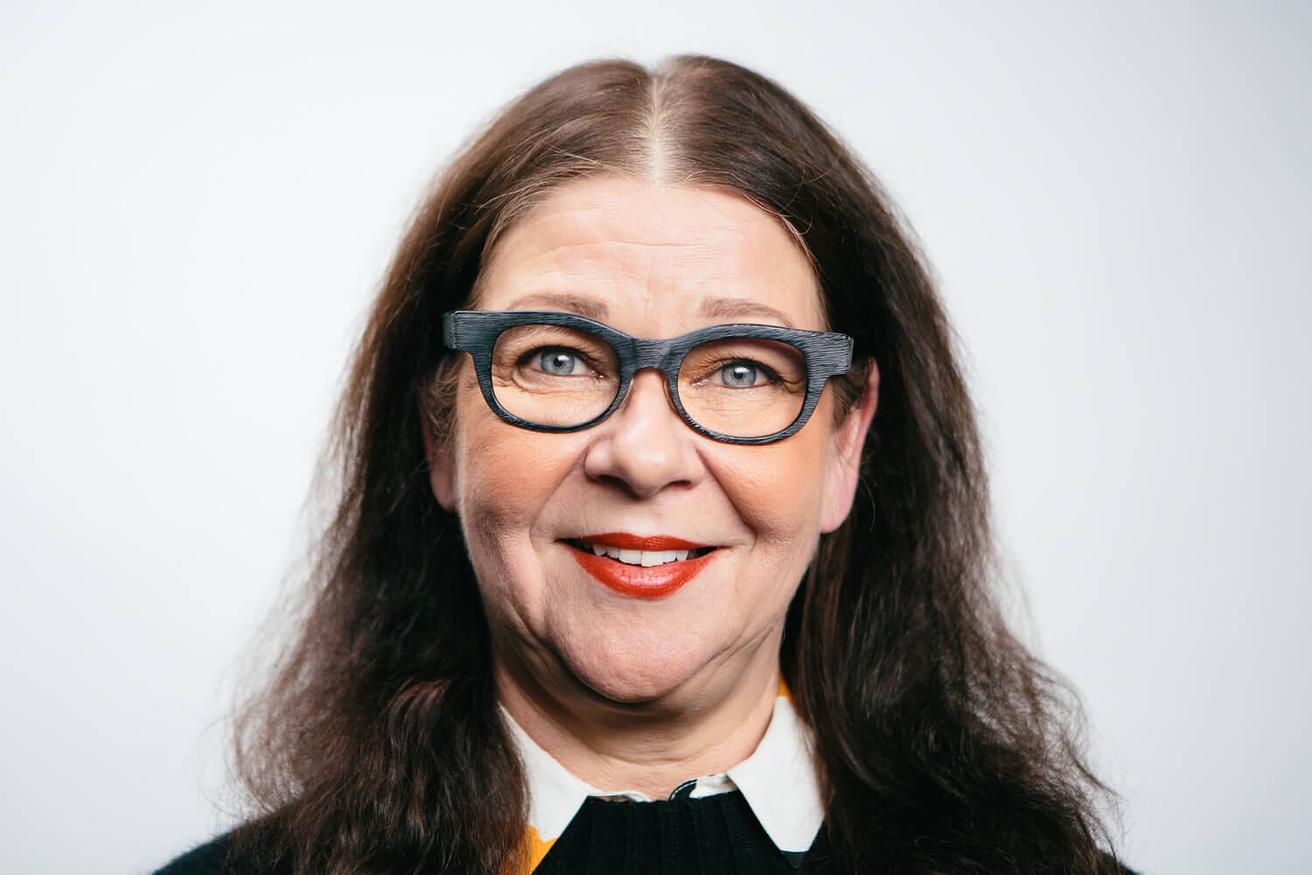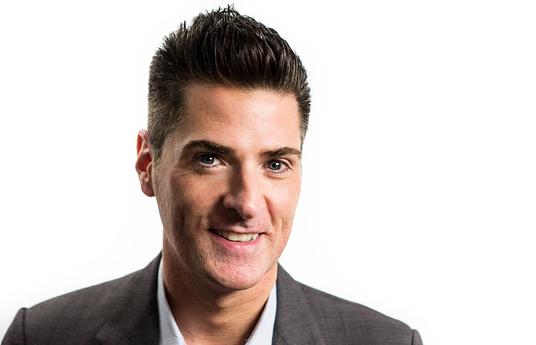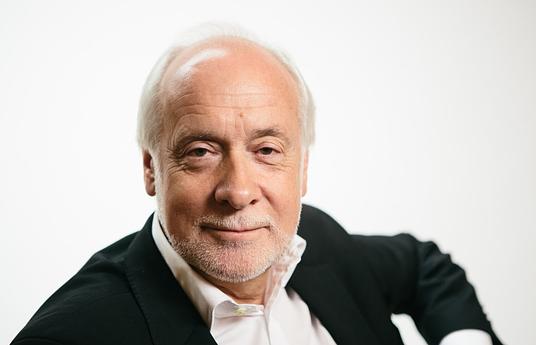Leena Krokfors
Dr. Leena Krokfors is the Vice Dean of Academic Affairs at the University of Helsinki Faculty of Behavioral Sciences as well as a Professor of Teacher Education.
Skills
What is the purpose of school?
The most important purpose of a school system is to educate and socialize our society's future citizens. This should be implemented into all school subjects that are taught.
By teaching subjects we construct a world view that prepares students for the future. We often make the mistake of thinking that the content itself, and memorizing it, is the main aim of school, which it is not.
Teachers
What is the role of the teacher?
First of all, the role of the teacher is very much changing. Teachers are in the role of creating opportunities for new learning environments. In the future you might also say that the teacher will be a pedagogical leader in collaborating with professionals outside of school.
What does this mean? It’s when a learning environment consists of a diverse group of people with pedagogical know-how. The teacher must bridge the curriculum with opportunities for learning environments in places outside of school and vice versa. The teachers will collaborate with more people from different fields and with their school colleagues as well.
We often consider what the role of the teacher is and how to move forward - I think in this we need to focus more on developing the operative culture of schools and leadership skills. Leadership that is shared gives teachers the possibility to develop further.
Assessment
What are your views on PISA? Is it a good thing?
Good question! Many have said that now that we are at the top of PISA we shouldn't change anything. When we first received the PISA results in the early 2000's we were astonished. We have never really changed our policies to achieve good PISA results and it is of course good to talk about PISA.
PISA does present challenges as well. There are some methodological challenges, although I do not feel there is a need to exclude PISA due to the challenges involved. It makes us aware of global education, of how others are educating.
We don't study for PISA, and yet we are successful at PISA. We develop our systems in spite of it.
Leadership
How do you perceive the current education system?
We have quite a good education system. Our schools support all kinds of learning paths. If a student isn’t comfortable choosing where to go after comprehensive school, they have many options to get to where they are going later in life. We have equal opportunities for high school and vocational education, college and university.
When I think about Finland’s education system in comparison with others, I find it to be extremely flexible, which is important. I hope we keep developing it accordingly - of course it will never be a final product. One of our biggest challenges is educating in age groups. By now we should be able to think of students as individuals with individual stages in their development. We should be able to discuss the curriculum openly with students. It is obvious that first and second graders learn differently than say, eighth or ninth graders. That is why we use different methods in teaching. All in all we must acknowledge the students better.
Personal memory
Do you have a favorite memory from your own formal education?
I had wished for a dog and when I graduated grammar school I was given a dog encyclopedia and a baseball bat and mitt. I studied the encyclopedia throughoully to figure out what kind of dog I wanted.
The next 100 years
The next 100 years of Finnish education should... change more than it has in the previous 100 years, so that we can authentically harness the potential that new learning environments and digitalization bring to schools.
In doing so, schools will be able to adapt to the rapid changes happening in the surrounding world. I also hope that schools will begin to actively collaborate with agents in society.


